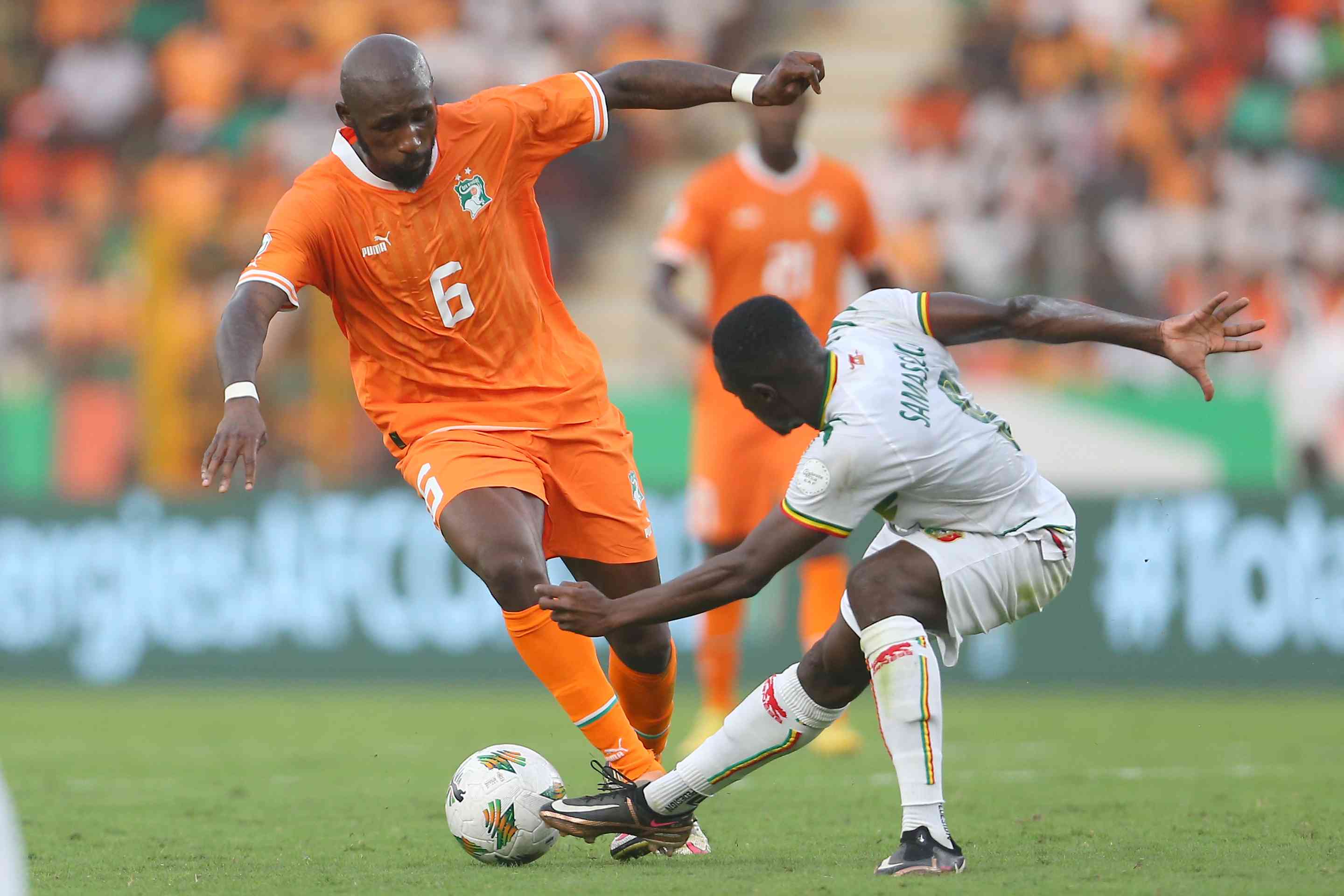By James Isiche
Barely three months have gone since the last ivory seizure. Now we have another large one in Asia that is implicating Kenya – again.
Last weekend, Hong Kong officials seized 3.81 tonnes of ivory that had been declared as rose coco beans (red beans) and plastic scrap from Kenya and Tanzania. Bearing whole raw tusks and ivory fragments, this consignment was the largest seizure ever in the history of China, and the largest worldwide in two years.
The previous seizure in Asia implicating Kenya was in July when about 600 kilos of ivory was impounded in Thailand and Vietnam.
From the images taken of the Hong Kong shipment, the tusks show signs of having been buried in earth, probably for purposes of stockpiling before shipping. The shipment was done separately too, possibly to avoid detection – modus operandi of criminal syndicates.
At this rate, I dread that in a month or less, there will be another seizure implicating Kenya and Tanzania, the two major conduits, or sources, or both of large consignments of illegal ivory in the last two years. In the 1990s and early 2000s, Kenya did a commendable job in deterring and arresting elephant and rhino poachers.
The authorities had also sealed most of the loopholes at various exit points. Criminal syndicates would avoid Kenya and use routes considered easier and safer. The situation has changed in the past five years or so for the worse. There has been an unprecedented rise in poaching incidents throughout the country, and the trend of ivory seizures globally in the last two years is worrying.
financial, human cost
We probably have a situation in our hands that may rival the 1970s and 80s when the elephant and rhino slaughter was at its peak, if the ivory seizure reports are anything to go by. Fighting bandits in Tsavo and Meru National Parks during that infamous poaching era was tough, to say the least. It took no less than three years to bring the situation under control, at great financial and human cost, with wildlife rangers and security officers getting killed by poachers. The international ban in ivory trade also helped immensely.
Having served as a game warden in the 80s up to early 2000s, I know what that it is a lot of hard work and sacrifice to curb poaching.
It took no less than three years to bring the situation under control, at great financial and human cost, with wildlife rangers and security officers getting killed by poachers. The international ban in ivory trade also helped immensely.
Kenya still bears the scars of that period. Today, many of the adult elephants in Tsavo are aggressive: They haven’t forgotten what their families went through in the hands of humans. Nationally, we lost an approximate 95 per cent of our elephants and 99 per cent of our rhinos were decimated, and rebuilding those herds has been a gargantuan and costly task – worthy too.
There is need and urgency for all Kenyan authorities and other elephant range states’ agencies to protect elephants from poachers as well as to seal off these routes to deter criminal gangs involved in this vice. Government owes its citizens and the global community an explanation for the seizures in Asia that pass through or originate from the country.
Kenya Wildlife Service has also made numerous contraband interceptions and arrested suspects in the last few years. Kenyans deserve to know what action has been or is being taken against these criminals who seem to be having a field day.
We also need to know if the present high poaching incidences in the country are feeding into these criminal syndicates, who their local links are, and what action has been taken to arrest the situation both for elephants in the wild and the criminals involved in the vice. If our sea ports and airports are secure conduits for illicit ivory, then it can also be concluded that the same applies for other contraband which could be detrimental to our very own security.
Stay informed. Subscribe to our newsletter
Beyond doubt, most illegal ivory is destined for Asia, particularly China, where it is now viewed as an asset of choice for the wealthy, in some quarters, surpassing gold. However, the latter is a recent trend while the former (ivory markets in Asia) has traditionally been so.
We deserve to not only hear authorities pointing fingers at the Asian markets, but need to see action being taken in the country to deter the poachers before they kill our game.
We all have a role in ensuring this gift of wildlife is protected for our children’s children. Time has come for all Kenyans of goodwill to rise up and voice their concerns on the festering sore of poaching and wildlife trafficking and demand immediate action before it is too late.

The writer is the Regional Director, IFAW Eastern Africa.
 The Standard Group Plc is a
multi-media organization with investments in media platforms spanning newspaper
print operations, television, radio broadcasting, digital and online services. The
Standard Group is recognized as a leading multi-media house in Kenya with a key
influence in matters of national and international interest.
The Standard Group Plc is a
multi-media organization with investments in media platforms spanning newspaper
print operations, television, radio broadcasting, digital and online services. The
Standard Group is recognized as a leading multi-media house in Kenya with a key
influence in matters of national and international interest.
 The Standard Group Plc is a
multi-media organization with investments in media platforms spanning newspaper
print operations, television, radio broadcasting, digital and online services. The
Standard Group is recognized as a leading multi-media house in Kenya with a key
influence in matters of national and international interest.
The Standard Group Plc is a
multi-media organization with investments in media platforms spanning newspaper
print operations, television, radio broadcasting, digital and online services. The
Standard Group is recognized as a leading multi-media house in Kenya with a key
influence in matters of national and international interest.










